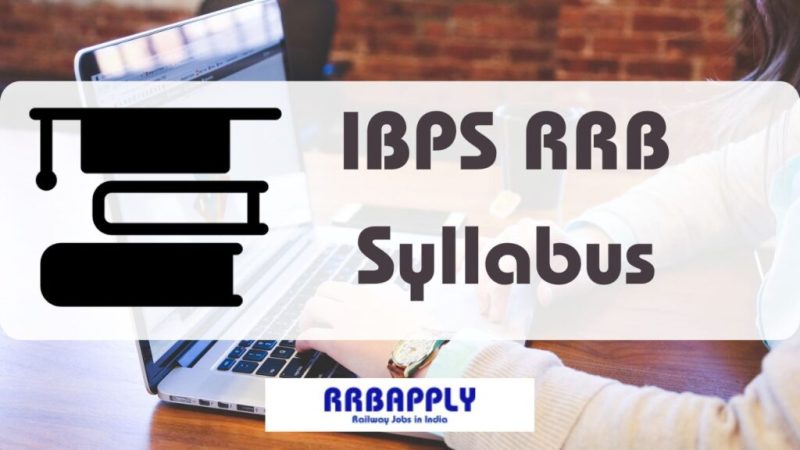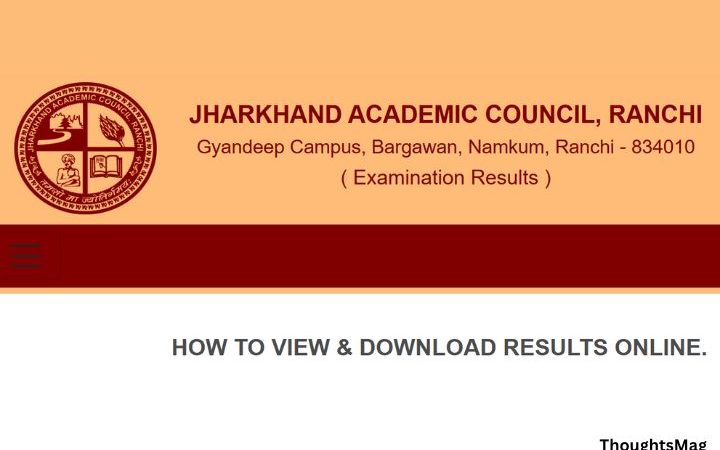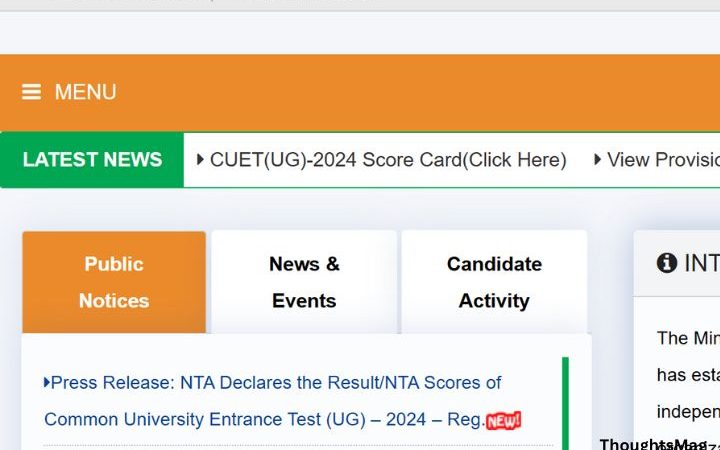How to Study so You can Pass any Test

Just about everybody knows the fear of taking an exam. While for many people this phase of life ends after high school, for others, tests may be a regular part of a career. These moments can become a huge source of anxiety for many, but with proper preparation, you can learn to pass any test. No matter the phase of life you happen to be in.
Practice Makes Perfect
It makes sense that if you want to do the best on a test, you need to study the best materials you have. In a university setting, sharing notes with your classmates is a good strategy, especially if you aren’t the strongest note-taker. Alternatively, you might be the type of person who gets distracted in group settings. If this is you, the importance of self-study should not be overlooked.
Not all exams are done in a school setting, however. If you are in a career in the medical field, you will need to pass very difficult tests to get your license to practice. For example, if you are aiming to become a psychiatrist, you would want to get your hands on the best PMHNP practice questions you can get a hold of. What makes some of these exams harder is that you may be trying to study for them while balancing a full-time job, kids, or other responsibilities. Hopefully, the following tips will be helpful for you as you prepare to pass.
Keep your Focus
One of the biggest reasons many people struggle with exams is because of how long they are. Often these tests can take between 1-3 hours, and with the attention span of the average person getting shorter and shorter, focusing on one test for that long is a hurdle all on its own.
This also applies to studying. Preparing for an exam requires focus. An unfocused study session will make it harder to retain the important information you will be tested on. There are many ways to keep focused. Some of them will work for studying and others for when you are taking the test itself.
While studying, try to avoid multitasking. This might mean waiting until kids go to bed, leaving and finding a quiet place to focus, and putting away your phone and other technology. Learn to set breaks for yourself so your mind can refresh and remember the information. While taking the test, no tactic will be better than a good night’s sleep. Finding ways the night before to reduce your anxiety and get enough sleep can completely change the way you tackle your test.
Study Smarter, not Harder
Now that you know the importance of focusing, you may be tempted to completely throw yourself at the material and not let up until you know it all. While cramming may work for some, it is not the best way for most people.
Every person is different and has unique strengths and weaknesses. This is true about studying as well. This means that each of us has our own unique study habits, some good, some bad. Before you dive into a multi-hour study session, start by looking at your own habits and getting rid of ineffective study habits before jumping in. The old phrase “work smarter, not harder” really is true.
Now you’re ready. Go out there and put these tips into practice. No need to dread the upcoming test because you’ve learned how to study well, so you can handle anything.






